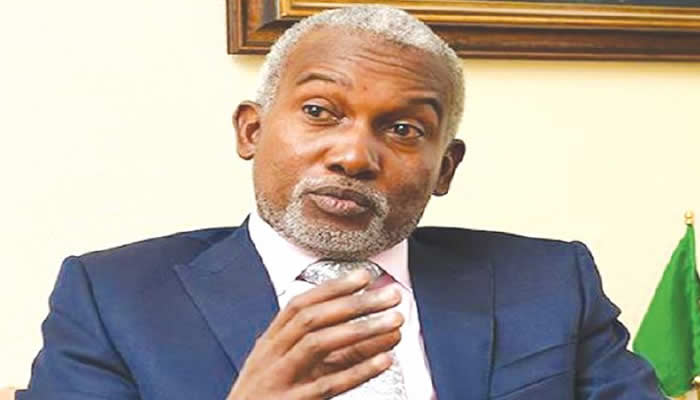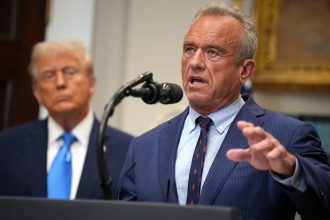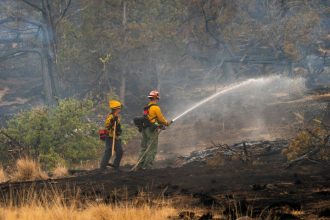The Minister of Foreign Affairs, Yusuf Tuggar, has disclosed that the trade between Nigeria and Japan currently stands at about $1bn, with opportunities for further expansion across multiple sectors.
Speaking on the sidelines of the ninth Tokyo International Conference on African Development in Japan, Tuggar explained that the partnership is not only between Nigeria and Japan, but also involves the African Union, the United Nations, and the World Bank.
“Japan, as we are aware, is the third largest economy in the world, and they have two organs of engaging with Africa. There is Japan International Cooperation Agency, which is the Japan agency that deals with overseas development assistance. There is the Japan External Trade Organisation, which is the Japanese organ that deals with trade abroad. And in the case of Nigeria, we have had engagements in the power sector. There’s a transmission project going on in Nigeria being supported by this organ.
“There is also quite a bit of trade that is going on with regards to agricultural commodities, such as shea butter. Of course, some of it is even being processed in Nigeria.
And then you also have cassava, and we’re looking to expand to what we refer to as Acha. (Acha is the local name for fonio, a type of ancient cereal grain). There’s a high demand of it here in Japan. And of course, Nigeria exports huge amounts of hydrocarbons to Japan, which is why our trade is about $1bn, and we’re looking to expand that. Beyond that, there is the African politics as well,” he said.
He also emphasised Nigeria’s push for reforms in the global financial architecture, drawing parallels with Japan’s post-war economic strategy.
Tuggar pointed out that Nigeria plays a very pivotal role in the reform of the global financial architecture.
“Unless we have that reform in the global financial architecture, we cannot benefit, and Africa as a whole cannot benefit. So, it does not benefit us if others are not also making progress. So some of the things that are being tabled here because, like I said, the United Nations is here, the World Bank is here, has to do with the issue of debt, debt rescheduling and debt restructuring.
“In the case of Nigeria, because it is a leading economy on the continent, we seek to do what Japan did here in the 60s and 70s, when tariffs were raised, because Japan, at that time, was the second largest economy in the world,” he stated.
According to him, President Bola Tinubu’s economic reforms are already laying the foundation for industrial growth and job creation.
He concluded that Nigeria’s participation at TICAD9 is both to deepen bilateral ties with Japan and to strengthen Africa’s collective voice in shaping the global order.
President Tinubu on Friday departed Nigeria for TICAD9, holding in Yokohama from August 20 to 22, with the theme “Co-create Innovative Solutions with Africa.”
The conference will focus on driving Africa’s economic transformation, improving business environments and institutions through private investment and innovation, and promoting a resilient, sustainable African society anchored on human security, peace, and stability.









